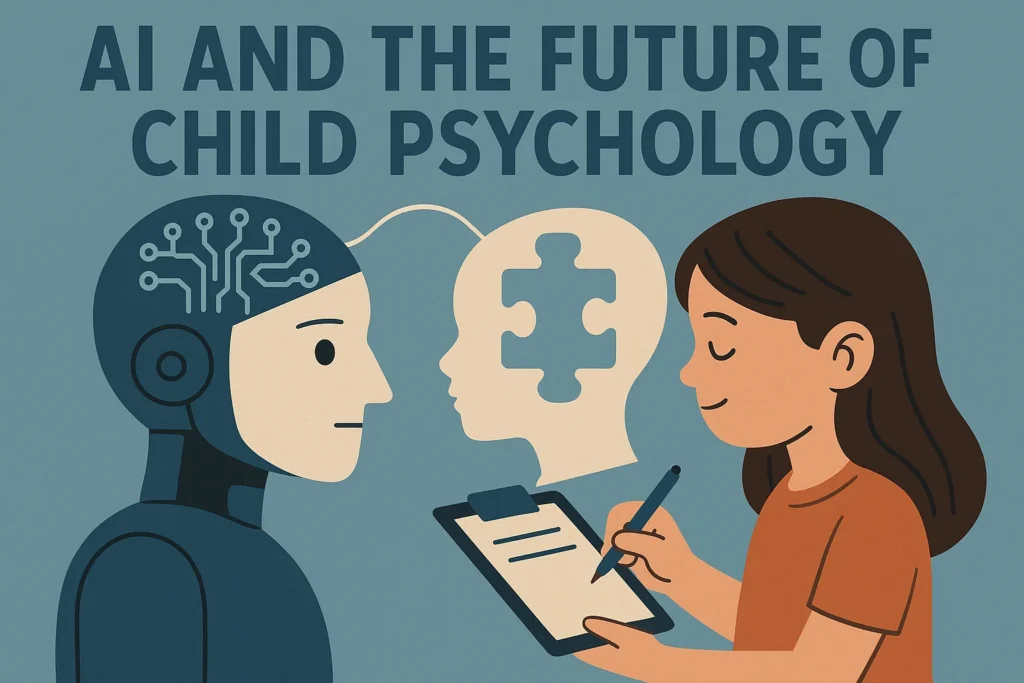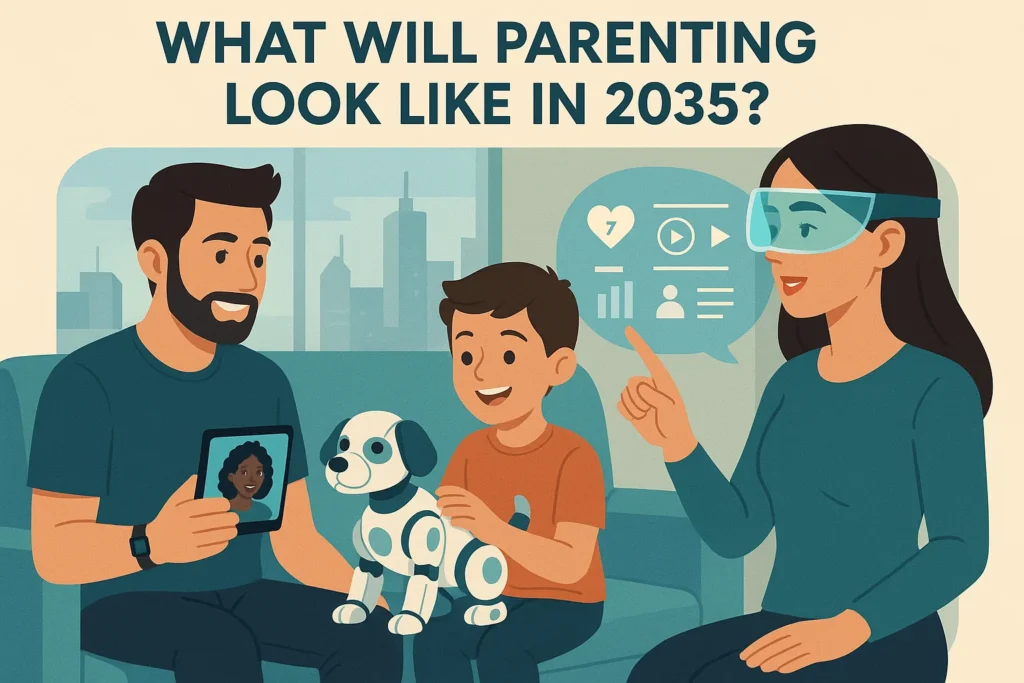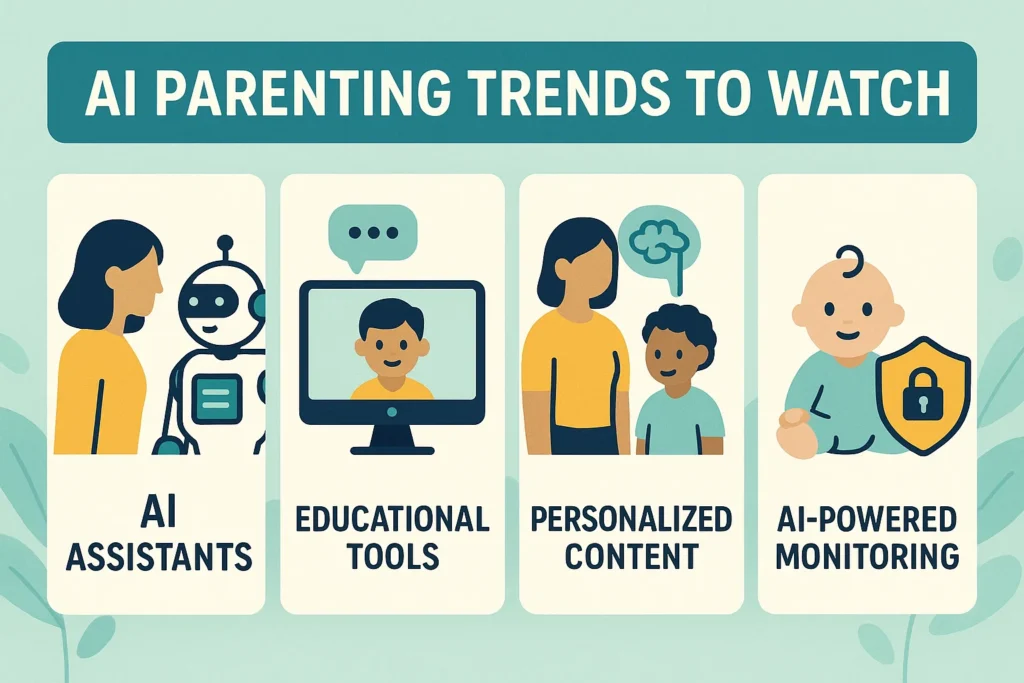🌟 Introduction
The world of child psychology is rapidly evolving, and AI is becoming a powerful player in shaping how we understand and support children’s mental health. From emotional monitoring apps to AI-driven therapy tools, the future looks both promising and complex. At AiBlogQuest.com, we dive into how AI and the Future of Child Psychology may redefine parenting, education, and mental health care for the next generation.
🧒 How AI Is Entering Child Psychology
AI is no longer just about data and automation—it’s now analyzing emotions, behaviors, and learning patterns. In child psychology, AI tools are being used to:
-
Detect early signs of learning disabilities.
-
Provide emotional wellbeing tracking.
-
Support therapy through AI-powered chatbots.
-
Personalize learning and coping strategies.
🔮 7 Predictions for the Future of Child Psychology
-
Early Detection of Mental Health Issues 🩺
AI will help spot signs of anxiety, ADHD, or depression earlier than traditional methods. -
Personalized Therapy Plans 🎯
Children may receive AI-guided mental health plans tailored to their unique needs. -
AI-Powered Emotional Coaching ❤️
Apps could act as emotional mentors, helping kids identify and regulate feelings. -
Virtual Child Psychologists 🧑💻
AI-driven chatbots may provide 24/7 mental health support for children. -
Integration into Schools 🏫
Schools could adopt AI psychology tools to track behavior, focus, and learning styles. -
Data Privacy Concerns 🔐
Sensitive psychological data will raise major ethical and safety challenges. -
Hybrid Human-AI Therapy Models 🤝
The future likely combines AI efficiency with human psychologists’ empathy.
🧾 Final Thoughts
While AI and the Future of Child Psychology bring incredible opportunities for early intervention and personalized care, it also raises critical questions about privacy and the role of human empathy. The key lies in using AI as a supportive tool rather than a replacement for professional and parental care.
🔗 Useful Links – AiBlogQuest.com
❓ FAQ
Q1: Can AI replace child psychologists?
No. AI can assist with data and analysis but cannot replace human empathy and understanding.
Q2: Is AI reliable in detecting emotional issues in children?
Yes, AI can detect patterns, but results must be reviewed by trained professionals.
Q3: Will children trust AI therapy tools?
Possibly—kids may feel more comfortable with non-judgmental AI, but human connection remains vital.



